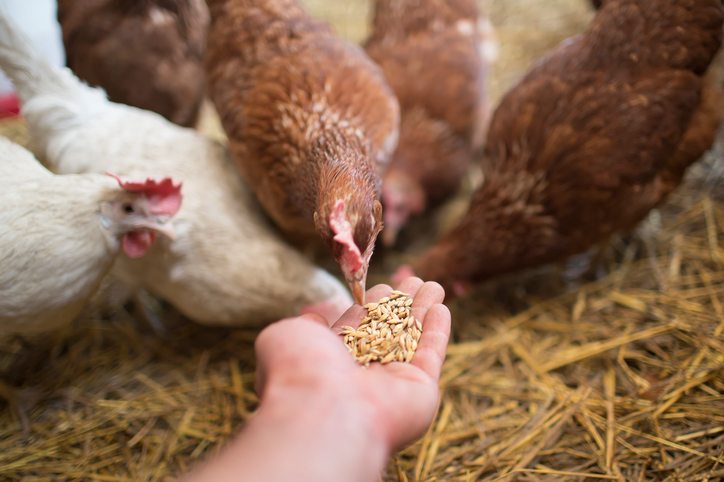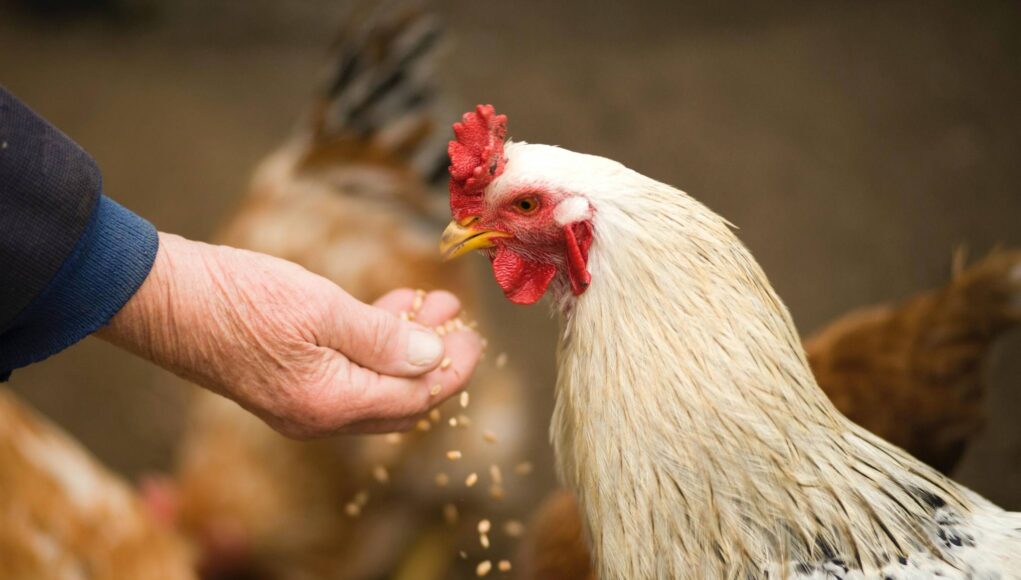Medicated chicken feed is an essential component of poultry care, especially for new and enthusiastic poultry farmers. But what does medicated chicken feed treat? In this comprehensive article, we delve into the benefits, uses, and insights you need to ensure your chickens stay healthy and vibrant.

The Basics of Medicated Chicken Feed
Medicated chicken feed primarily addresses a prevalent issue in poultry healthcoccidiosis. Coccidiosis is a parasitic disease that affects the intestinal tracts of chickens, leading to poor performance and, in severe cases, high morbidity and mortality. By incorporating medicated feed, poultry enthusiasts can significantly reduce the risk of this disease.

Why Use Medicated Chicken Feed?
Using medicated chicken feed provides a preventive measure against coccidiosis in young chicks. The feed contains small doses of medication, usually amprolium, which helps in developing immunity while keeping the parasites at bay. This proactive approach keeps your flock healthy, ensuring better growth and productivity.
Breaking Down the Ingredients
The primary ingredient in medicated chicken feed is amprolium, an anti-coccidial drug. While it doesn’t eliminate the parasites, it inhibits their growth, giving the chickens’ immune system a chance to fight off the infection. Some feeds might also contain vitamins and minerals to promote overall health.

How to Use Medicated Chicken Feed
It’s crucial to follow specific guidelines when using medicated chicken feed. Begin feeding medicated feed from day one and continue until the chicks are around 16 weeks old. This period is critical as it’s when the chicks are most vulnerable to coccidiosis.
Check out which chicken lays jumbo eggs and full-size and mini-size chickens.
Transitioning from Medicated Feed
As your chickens grow and pass the 16-week mark, its advisable to slowly transition them off medicated feed. Gradually mix medicated feed with regular feed to avoid any sudden changes in their diet, which could disrupt their digestive systems.

Benefits of Medicated Chicken Feed
The primary benefit is the prevention of coccidiosis. Healthy chickens lead to better production rates, whether for meat or eggs. Additionally, using medicated feed can reduce the need for more potent medications later, ultimately saving costs and promoting a more natural farming approach.
Potential Risks and Considerations
While medicated feed is beneficial, its essential to use it correctly. Over-reliance or inappropriate use can result in drug resistance, making future treatments less effective. Also, always ensure to follow withdrawal periods before processing chickens for meat to avoid drug residues.
Alternatives to Medicated Chicken Feed
If you prefer not to use medicated feed, other alternatives can help keep your flock healthy. Proper sanitation, regular monitoring, and using probiotics can significantly maintain chicken health. For more natural methods, consider following best practices as outlined here.
Probiotic Supplements
Probiotics can enhance gut health and overall immunity in chickens. These can be included in their regular feed or water, offering an excellent alternative to medicated feeds.
Sanitation and Biosecurity
Maintaining a clean coop and practicing biosecurity measures can prevent the spread of coccidiosis. Regularly changing bedding, clean water systems, and limiting exposure to wild birds are all part of an effective management strategy.
Frequently Asked Questions
What specific diseases does medicated chicken feed address?
Medicated chicken feed primarily prevents coccidiosis, an intestinal parasitic infection.
When should I start using medicated chicken feed?
It is recommended to start from day one and continue until the chickens are 16 weeks old for optimal results.
Are there any alternatives to medicated chicken feed?
Yes, alternatives include probiotic supplements and strict sanitation practices to maintain overall chicken health.
As an Amazon Associate, I earn from qualifying purchases.








